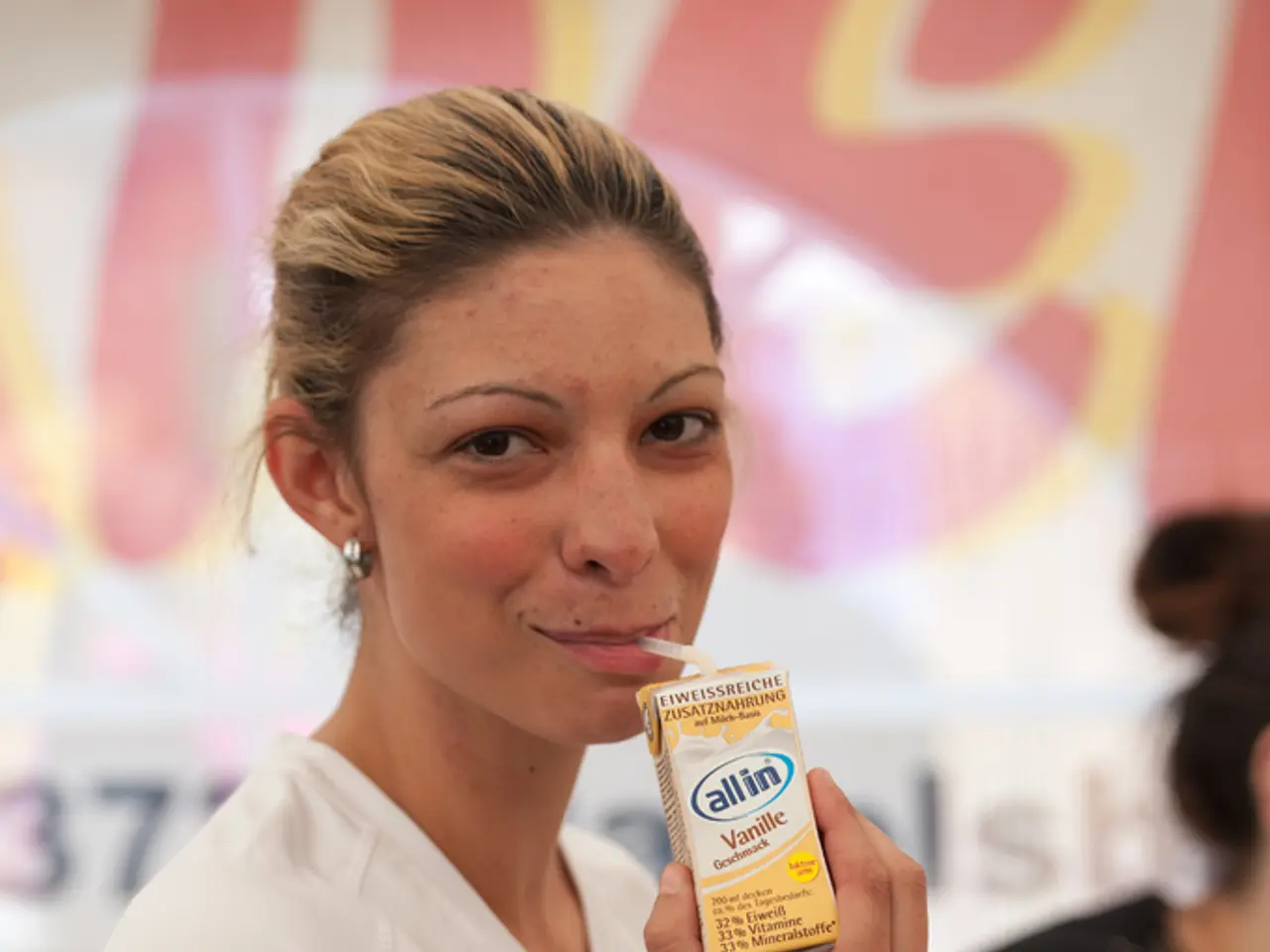Tea Tree Oil for Piercings: Effectiveness and Safe Usage Guidelines
Tea tree oil, renowned for its antibacterial, antifungal, and anti-inflammatory properties, can be a beneficial addition to piercing aftercare routines. This essential oil, derived from the Australian tea tree, has been used for centuries to manage minor skin concerns and promote healing[1][2]. However, it's crucial to use it safely and appropriately to avoid potential irritation or allergic reactions.
When it comes to using tea tree oil on piercings, there are some key guidelines to follow:
1. Always dilute tea tree oil with a carrier oil, such as coconut, jojoba, or black seed oil, before application. A recommended ratio is 1-2 drops of tea tree oil to 1 teaspoon of carrier oil[2][3].
2. Use a clean cotton ball or gauze to apply the diluted oil gently to the piercing site.
3. Limit application to once daily or less to avoid overdrying or irritation.
4. Avoid use if you notice any burning, itching, or redness increase.
5. Never apply undiluted tea tree oil directly to fresh or open piercings[1].
6. Continue standard aftercare, such as saline rinses, gentle cleaning, and avoiding irritants.
7. Consult a healthcare professional if signs of infection worsen or persist.
A balanced approach maximizes the benefits of tea tree oil’s antimicrobial effects while minimizing risks of irritation or allergic reactions[1][2][3].
It's essential to remember that tea tree oil can be poisonous if swallowed, so care should be taken when using it on piercings around the mouth, and it should not be used inside the mouth to treat tongue piercings. People with skin sensitivity or a history of skin reactions may also want to avoid tea tree oil.
In the event of an infection around the piercing, seek professional medical treatment to prevent it from worsening. Most piercing studios recommend washing new piercings with a sterile saltwater solution.
Before first use, a patch test should be done on an area of skin other than the piercing to ensure no adverse reactions occur. People can use tea tree oil alongside this treatment, but should always ask a professional piercer or healthcare provider first.
In conclusion, tea tree oil, when used safely and appropriately, can help reduce infection and irritation risks for piercings. By diluting it properly, applying it sparingly, and avoiding fresh or severely irritated piercings, individuals can enjoy the benefits of this versatile essential oil while minimizing potential risks.
- For individuals with depression or suspect they might have it, it's important to note that tea tree oil, with its antimicrobial properties, may not be a predictive factor for depression-related health issues.
- Furthermore, tea tree oil, known for its effectiveness in managing skin concerns, could potentially be beneficial in the treatment of skin conditions such as psoriasis, eczema, or acne.
- However, it's crucial to consider that tea tree oil, much like other substances, can induce allergic reactions or irritation in some individuals, especially those with a history of multiple sclerosis (MS) or COPD.
- In the realm of health-and-wellness and skin-care, incorporating tea tree oil into daily routines should be approached with caution, as it can potentially interact with medicines like anticonvulsants, anticoagulants, and immunosuppressants.
- Lastly, though tea tree oil is not directly related to HIV or asthma, maintaining overall health and wellness should involve a balanced diet, regular exercise, and adherence to treatments prescribed by healthcare professionals.




